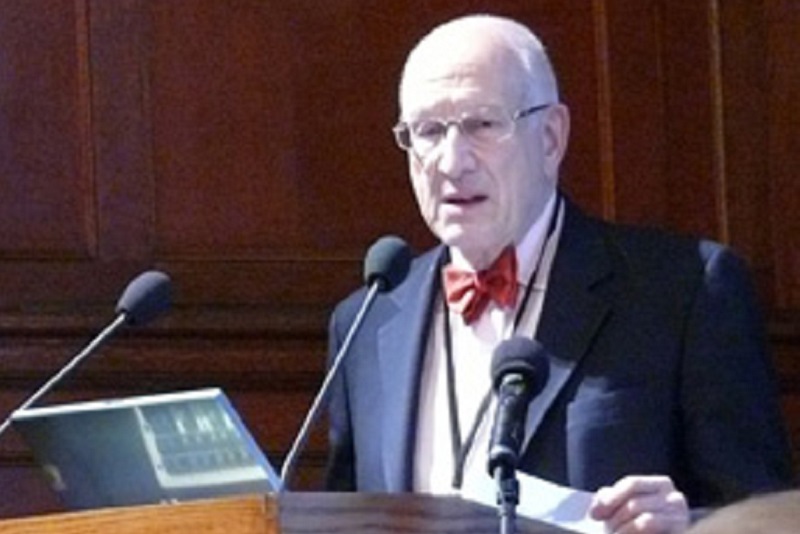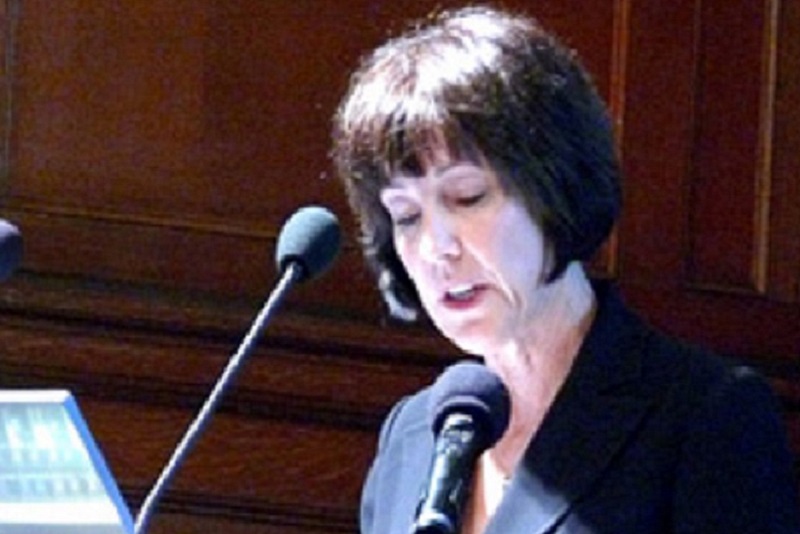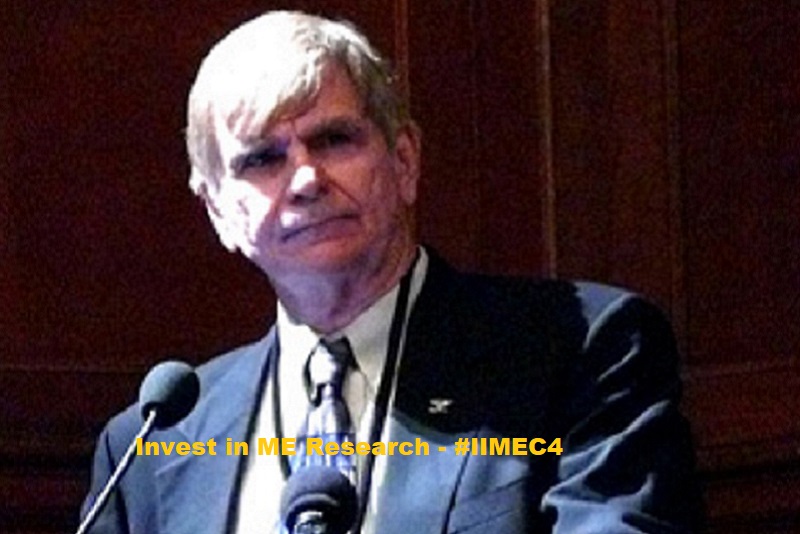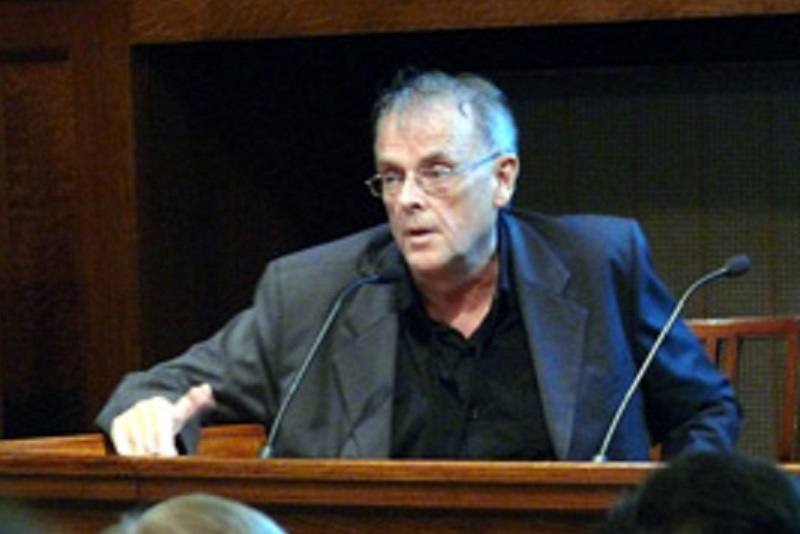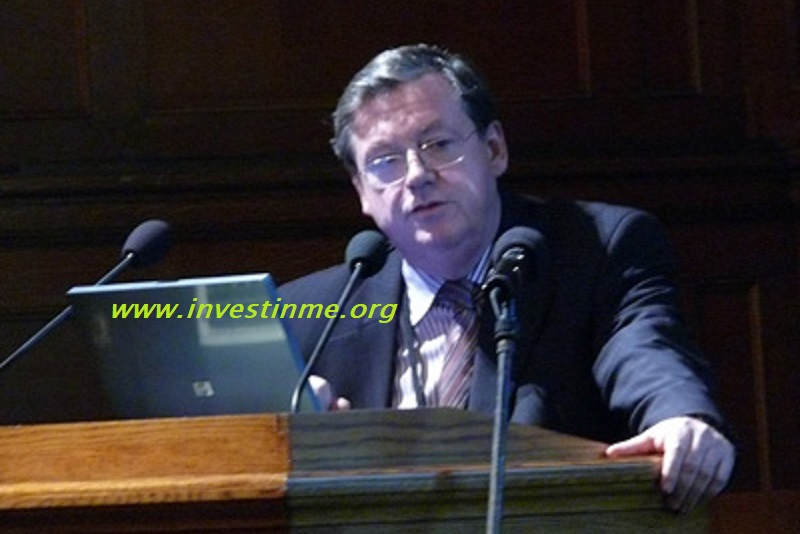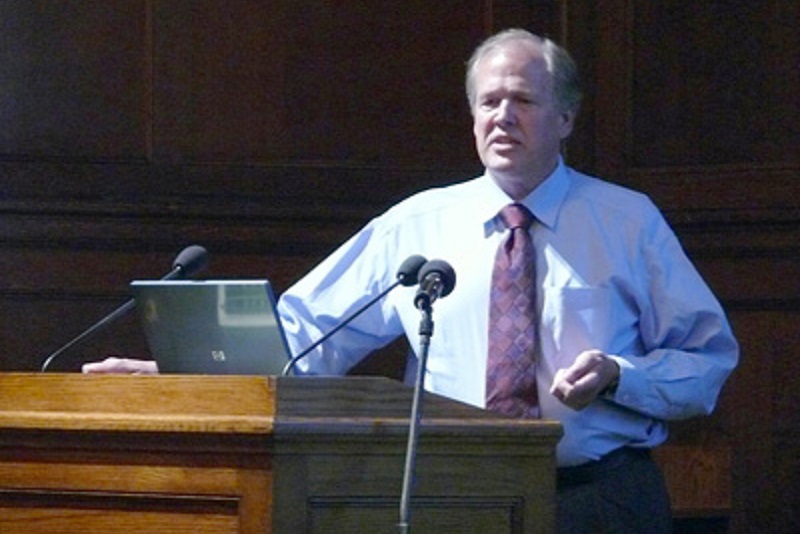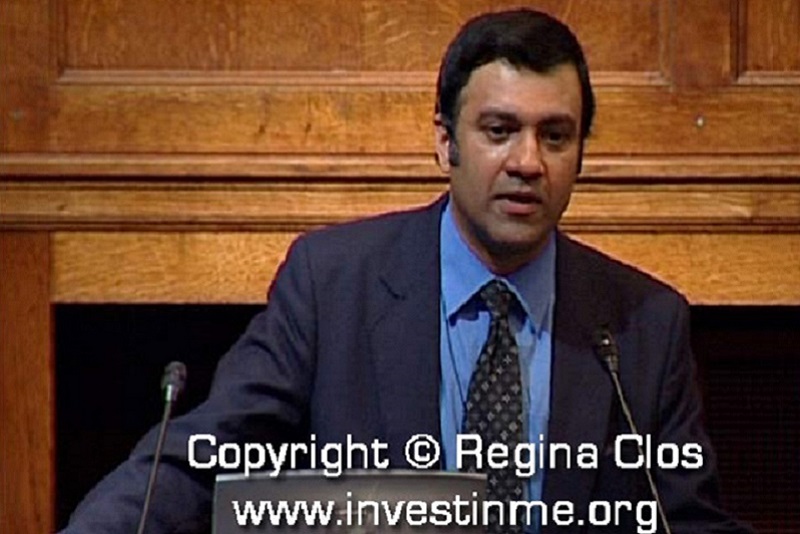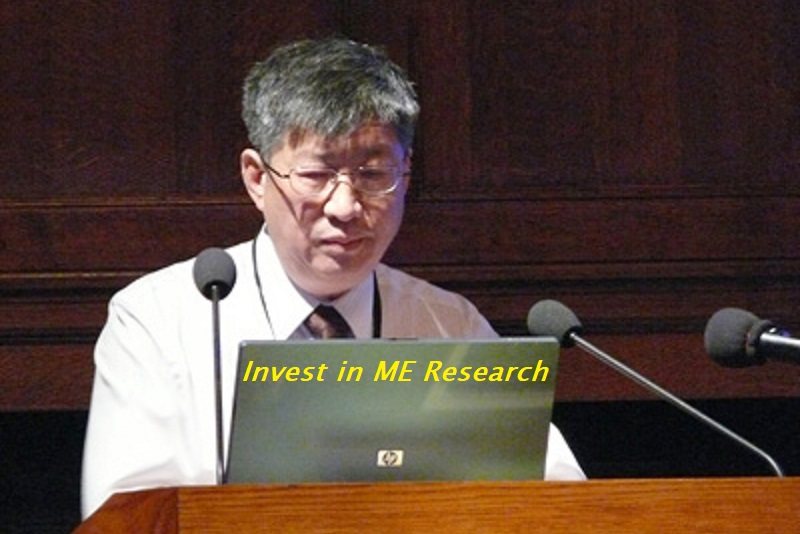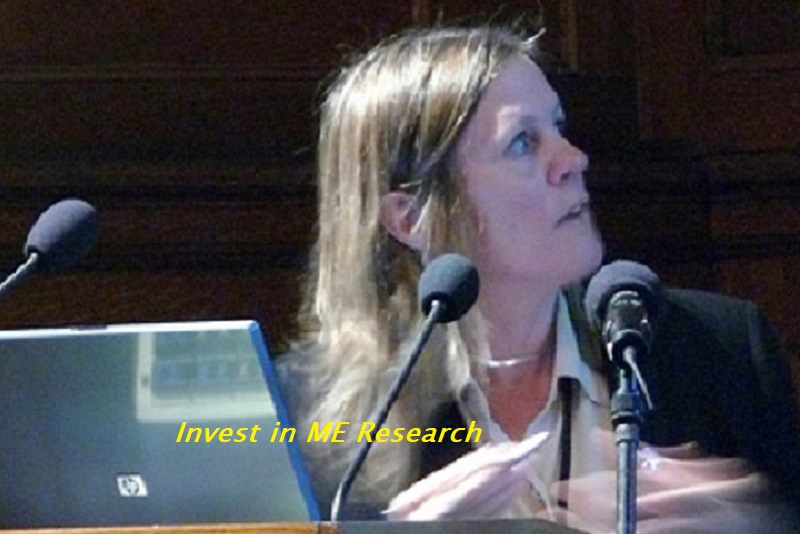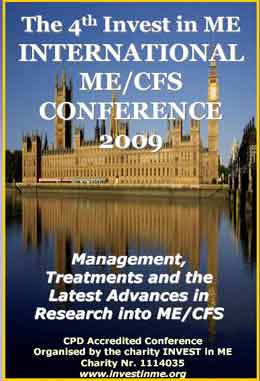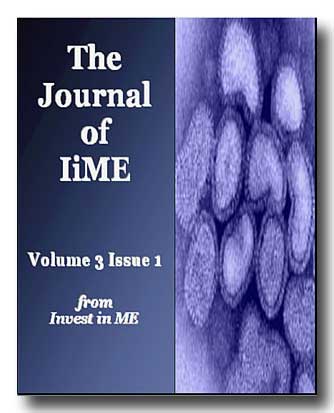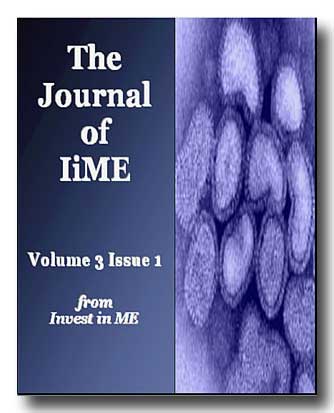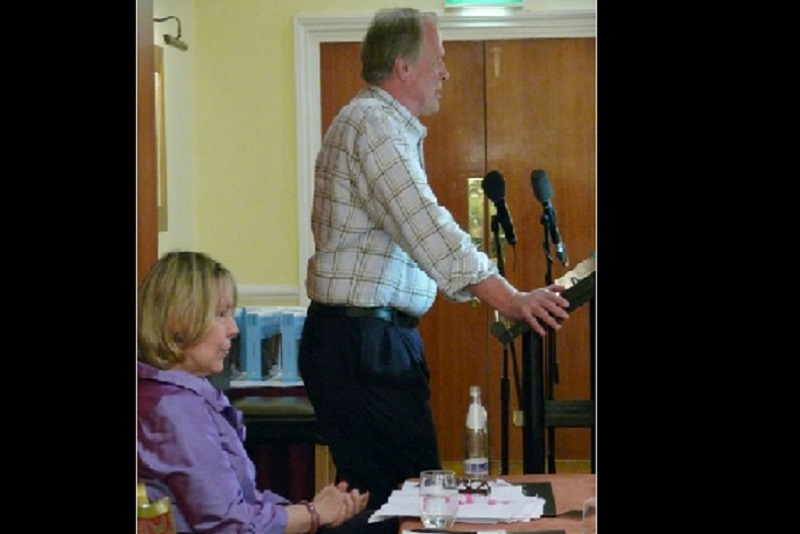

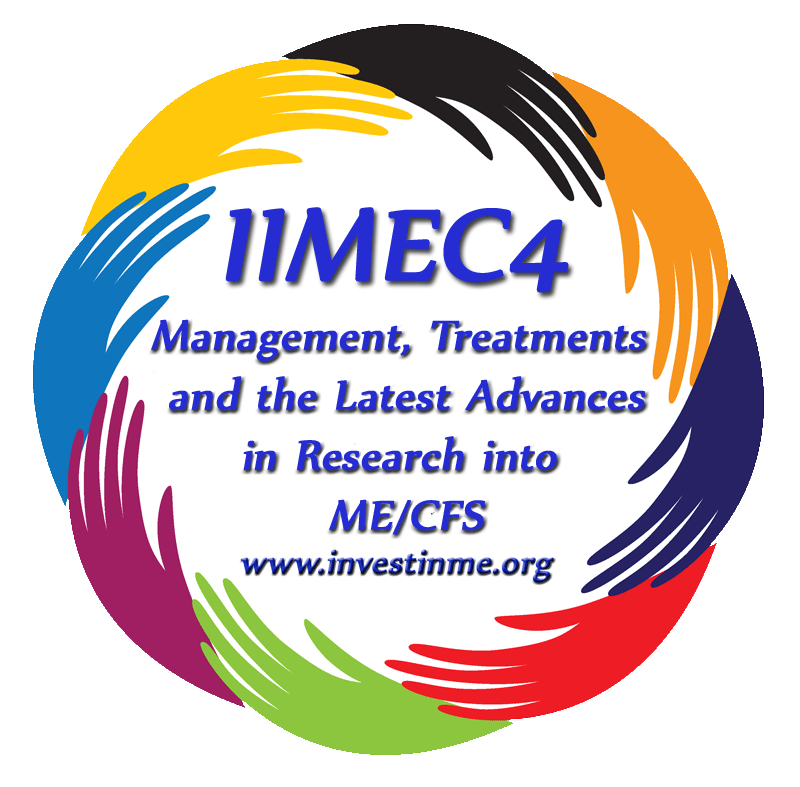
Click on sections below
It was our pleasure to welcome Hillary Johnson as our guest in London for the Invest in ME pre-conference.
Her presentation was on CDC's influence on ME Research Throughout the World.
The presentation was impressive and shocking, telling some of the inside story of how ME has been manipulated by a government agency.
This had so many parallels to the concerted campaign to misinform which had occurred in the UK over the years.
Hillary's presentation will be available on our 2009 conference DVD but she has also added it to her web site - http://oslersweb.com.
The conference version of the Journal of IiME contained all of the abstracts for the conference - [journals.shtml#pre2010].
The Whittemore-Peterson Institute for Neuro-immune Diseases was represented with Annette Whittemore giving the conference keynote speech.
Dr Dan Peterson gave a comprehensive lecture based on his 25 years of clinical experience and the solid research using being performed at the WPI.
This was followed by a presentation showing the dynamics and power of science by the WPI's research director Dr Judy Mikovits.
We looked forward to seeing this important work being published and validated.
Professor Garth Nicolson gave a very good overall lecture on the role of chronic infections and complex illnesses. His presentation was full of information to show the difficulties researchers and clinicians are faced with when meeting this group of patients.
Professor Nyland based his lecture on two recent epidemics in Norway. This has given researchers there a chance to do follow up studies on the patients who have remained ill with ME like illness. One outbreak was due to Giardia parasite and the other due to Legionella bacterium.
Dr Baumgarten showed us what can be done with public funds when politicians are supportive and patients' voice is being listened to. The importance of defining the patient base carefully using the Canadian consensus document was made clear and she confirmed the inadequacies of the NICE guidelines for diagnosis.
Dr Kerr had replicated and expanded on his previous gene expression work and he showed us his usual high quality research. His team has looked at various infections linked with ME/CFS (EBV, parvovirus, enterovirus, coxiella burnettii and chlamydia pneumoniae) and found among other things that the late phase marker for EBV ( nuclear antigen IGG) varied among patients compared to normal controls with patients having lesser levels. Dr Kerr and his team have also looked at the possibility of developing a SNP (single nucleotide polymorphism) based test for the genomic subtypes.
Dr Chia showed us his excellent, solid research on enteroviruses which is confirming previous work done in the UK. He is concentrating his efforts in finding antiviral therapy against enteroviruses. He has found Oxymatrine to be beneficial for about 53% of his patients.
Professor De Meirleir preceded his conference presentation with a press conference in London on the day before (May 28, 2009) entitled 'ME: End of an Era of Medical Negation' unveiling his findings from recent research which has included examining many patients in Norway and displayed conclusions regarding the complex mechanisms of ME/CFS pathogenesis, a diagnostic test, and directions for therapeutic strategies.
A separate study by Professor De Meirleir et al. has been published In Vivo, http://bit.ly/fqKF5. Here they observed intestinal overgrowth of Gram positive D/L lactate-producing bacteria which are also known to produce H2S [hydrogen sulphide] in presence of certain heavy metals as a survival defence mechanism.
Also present at the conference was Marian Dix Lemle who is a science writer and has published a hypothesis on hydrogen sulphide and CFS which can be found here http://linkinghub.elsevier.com/retrieve/pii/S0306-9877(08)00391-5
The progress being made in biomedical research into ME, despite the lack of adequate funding by national organisations, such as the UK Medical Research Council or the US CDC, again demonstrated that there is absolutely no value in attempting to join biomedical researchers with those who advocate the psychosocial view of ME (as advocated by the MRC and cynically implied by NICE).
Invest in ME published its Journal of IiME [click here] at the conference and abstracts of the conference presenters' presentations are included therein.
Conference Presentations from IIMEC4
Our Sponsors for IIMEC4
Invest in ME wish to thank the following organisations for helping to sponsor the 4th Invest in ME International ME Conference 2009.
The Irish ME Trust
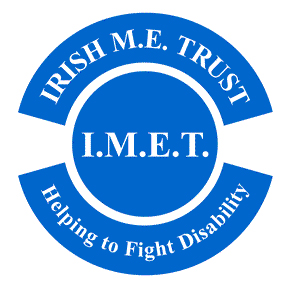 The Irish ME Trust have sponsored a speaker at all of our conferences and we would like to thank them for their continued support.
The Irish ME Trust have sponsored a speaker at all of our conferences and we would like to thank them for their continued support.
The Alison Hunter Memorial Foundation
 The Alison Hunter Memorial Foundation of Australia has agreed to sponsor the Invest in ME International ME/CFS Conference 2009 by providing funds for the production of the DVD. This will enable IiME to provide another CPD-accredited conference on DVD to those around the world who would wish to be present at the conference but cannot.
The Alison Hunter Memorial Foundation of Australia has agreed to sponsor the Invest in ME International ME/CFS Conference 2009 by providing funds for the production of the DVD. This will enable IiME to provide another CPD-accredited conference on DVD to those around the world who would wish to be present at the conference but cannot.
Invest in ME wish to thank the AHMF for this supremely generous offer - an offer which allows us to achieve another of the objectives of the conference. The AHMF is an inspirational and enduring memorial to Alison Hunter and all those whose lives have been devastated by ME/CFS. Read more click here.


